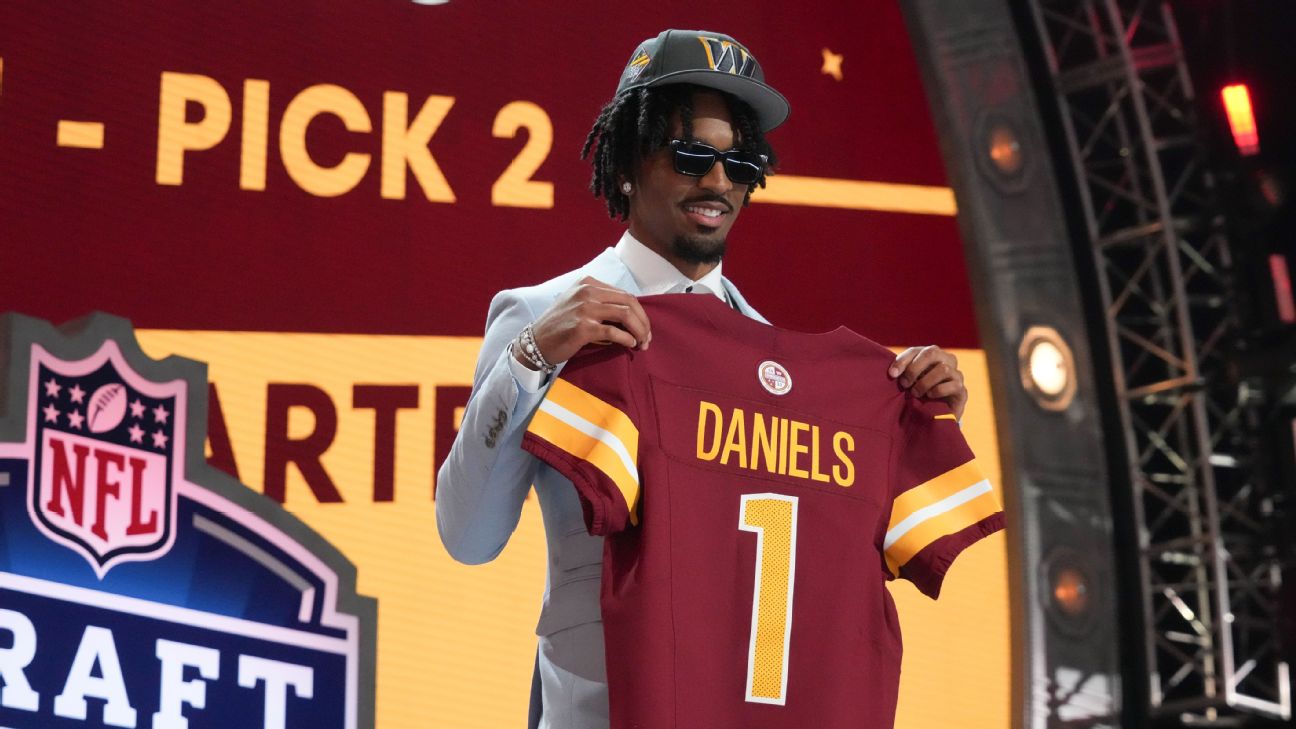Most Valley counties short on COVID testing, city of Fresno investment could help
Fresno leaders are working on a $1-million deal with United Health Centers to fund as many as 1,500 tests a day, and trying to get the county to fund more rural testing sites.
FRESNO, Calif. (KFSN) -- Central Valley counties are struggling to keep up with state metrics for testing, and it can be the difference between the level of restrictions on businesses operating indoors.
The state adjusts county coronavirus case counts based on how much testing they do, and four Valley counties are watching their numbers bumped up every week.
An investment from the city of Fresno could help Fresno County.
Fresno city leaders have spent millions of federal CARES Act dollars to limit the coronavirus in low-income communities.
"The city has invested in contact tracing and testing," said Fresno City Council Member Nelson Esparza. "What we have here is a site in my district where we partnered with UCSF who've done a tremendous job for the COVID-19 Equity Project."
The Equity Project does free, first-come-first-serve, drive-through testing at FIRM in central Fresno, where Action News met Esparza Thursday.
The testing site is so popular they run out of tests in just a few hours every day. On Thursday, they marked the last car to get help by 9:30 a.m., 90 minutes after they started.
"We've been always running about 200 tests a day, but I'll tell you we used to take most of the day to get to 200 patients and nowadays we've had days where we've had 500 patients coming to our centers and we can't even test all the people that need to get tested," said Dr. Kenny Banh, who leads the UCSF Mobile HeaL unit.
By providing positive patients help with food and money if they have to miss work, the Equity Project draws out some patients who wouldn't otherwise get tested.
And it shows up in the results, with a positivity rate sometimes pushing 20%.
"That's a good and a bad thing because obviously we're supposed to be finding it," Dr. Banh said. "But it makes me always nervous that, 'Oh my gosh, we're finding all these people that are living in these communities that are hiding'."
But even with the city-funded testing, Fresno County has not met the state median for testing in three of the last four weeks.
So city leaders are working on another $1 million deal with United Health Centers to fund as many as 1,500 tests a day, and trying to get the county to fund more rural testing sites.
The Fresno County Public Health Department had nobody available to comment on Thursday.
Madera County has also fallen behind the testing metric, but public health director Sara Bosse says their status as a low-income, low-healthcare county makes it nearly impossible.
And their status as a closed county in the purple tier also sets them back.
"Open counties have school districts and large university campuses and large businesses doing surveillance testing because they're open," Bosse said.
Madera County struggles to conduct COVID testing on a large scale.
Even after adding a state-funded testing site at the fairgrounds, the county has always fallen short of the state median for testing, and Bosse says they were destined to fail as soon as the state rolled out a tier structure that didn't consider their built-in disadvantages.
"In comparison to other counties, Madera County does not have a large healthcare infrastructure to help with testing and Madera also has the second lowest per capita income for the state," she said. "We do not have a lot of extra resources."
The tier structure does consider testing numbers, though, and most Central Valley counties consistently don't do enough.
Kings and Mariposa Counties meet the metrics every week and have advanced to lighter restrictions.
Merced, like Madera, has not met it at all.
Fresno and Tulare Counties met the metric only once in the last four weeks, despite the investment of CARES Act money from the city of Fresno.
"I mean, I think it's all hands on deck," said Council Member Esparza. "Traditionally, you don't think of the city, of any city, as really a public health agency."
Dr. Banh says testing supplies and lab availability limit how much his team can help, but better coordination at the state and federal level could solve that issue.
"I think we are part of the solution as in trying to fix this problem," he said. "But we can only do a little part and we shouldn't be competing against the federally qualified health centers, the primary care clinics, the state agencies that are trying to operate out of here."
Limited testing could push Fresno County back to the purple tier Tuesday and the city's new deal won't get off the ground until afterwards.








